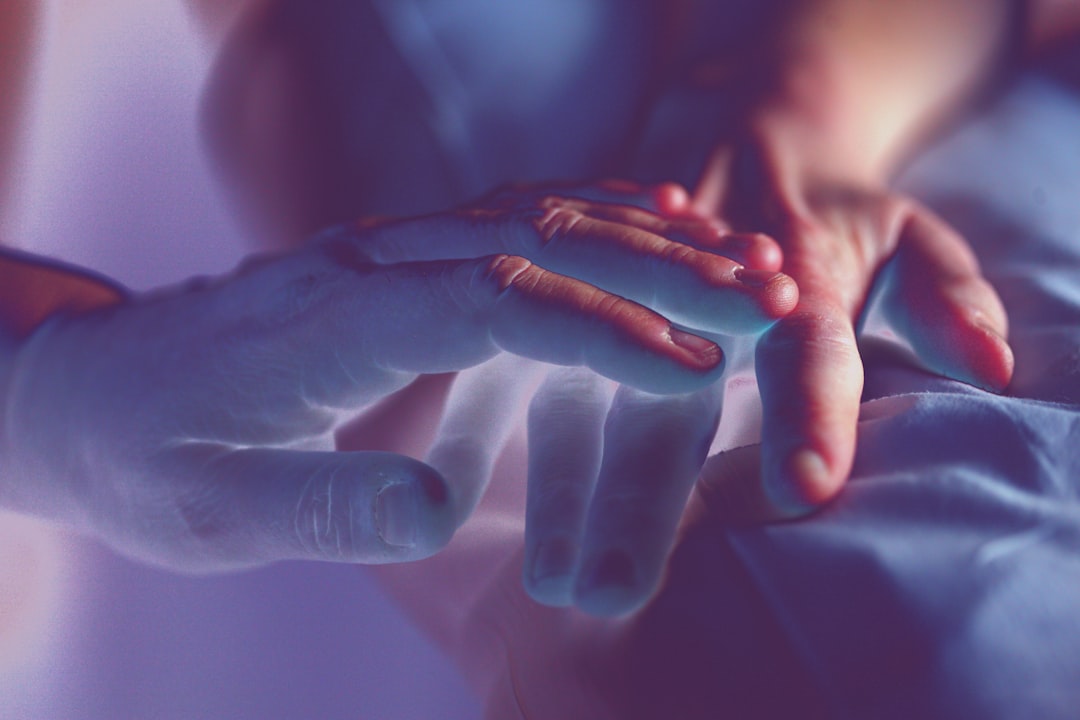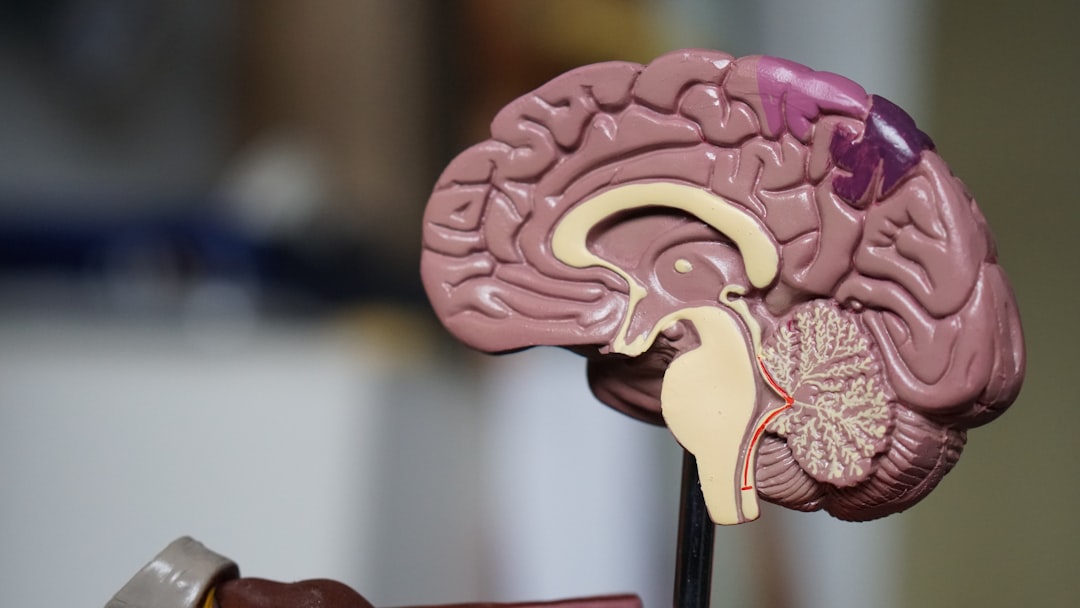What is it about?
Positive mental health (PMH) is an understudied phenomenon in Black college students, which is concerning given they report higher levels of psychological distress. PMH is comprised of social, emotional, and psychological well-being and relates to positive affect and functioning. To better understand PMH in Black students, this study examines levels of PMH in traditional and nontraditional Black students, as well as identifying protective factors within these subgroups to promote flourishing within the college setting.
Featured Image
Why is it important?
Although Black students face many formidable challenges in higher education, low rates of help-seeking have been documented for these students. Therefore, understanding factors promoting PMH is important given it buffers against mental illness. Our findings highlight that Black students are not a monolith, in which more nontraditional students were flourishing compared to traditional students. Furthermore, there were no significant variations in PMH among Black students attending historically Black colleges and universities (HBCUs) or predominantly White institutions (PWIs), further highlighting the need for higher education institutions to incorporate identified factors into existing services and programs to increase flourishing among Black students.
Perspectives
Previous literature is replete with articles highlighting deficits or shortcomings of Black students, more specifically, mental illness. However, Black students are resilient so it is important to focus on the positive aspects of mental health and factors that foster flourishing. It is not just enough to wait until students need help but to take a more proactive stance in promoting and sustaining positive mental health. If we continue to focus on the negatives, we neglect to realize the positive capabilities of these students.
Dawnsha Mushonga
Read the Original
This page is a summary of: Protective factors associated with positive mental health in traditional and nontraditional Black students., American Journal of Orthopsychiatry, March 2019, American Psychological Association (APA),
DOI: 10.1037/ort0000409.
You can read the full text:
Contributors
The following have contributed to this page










